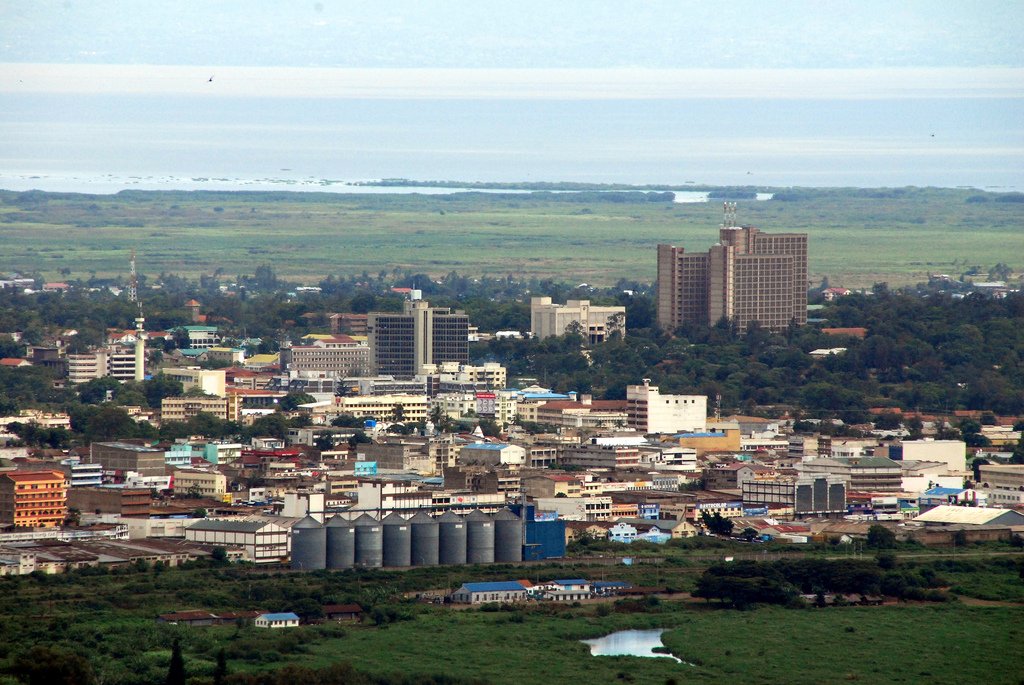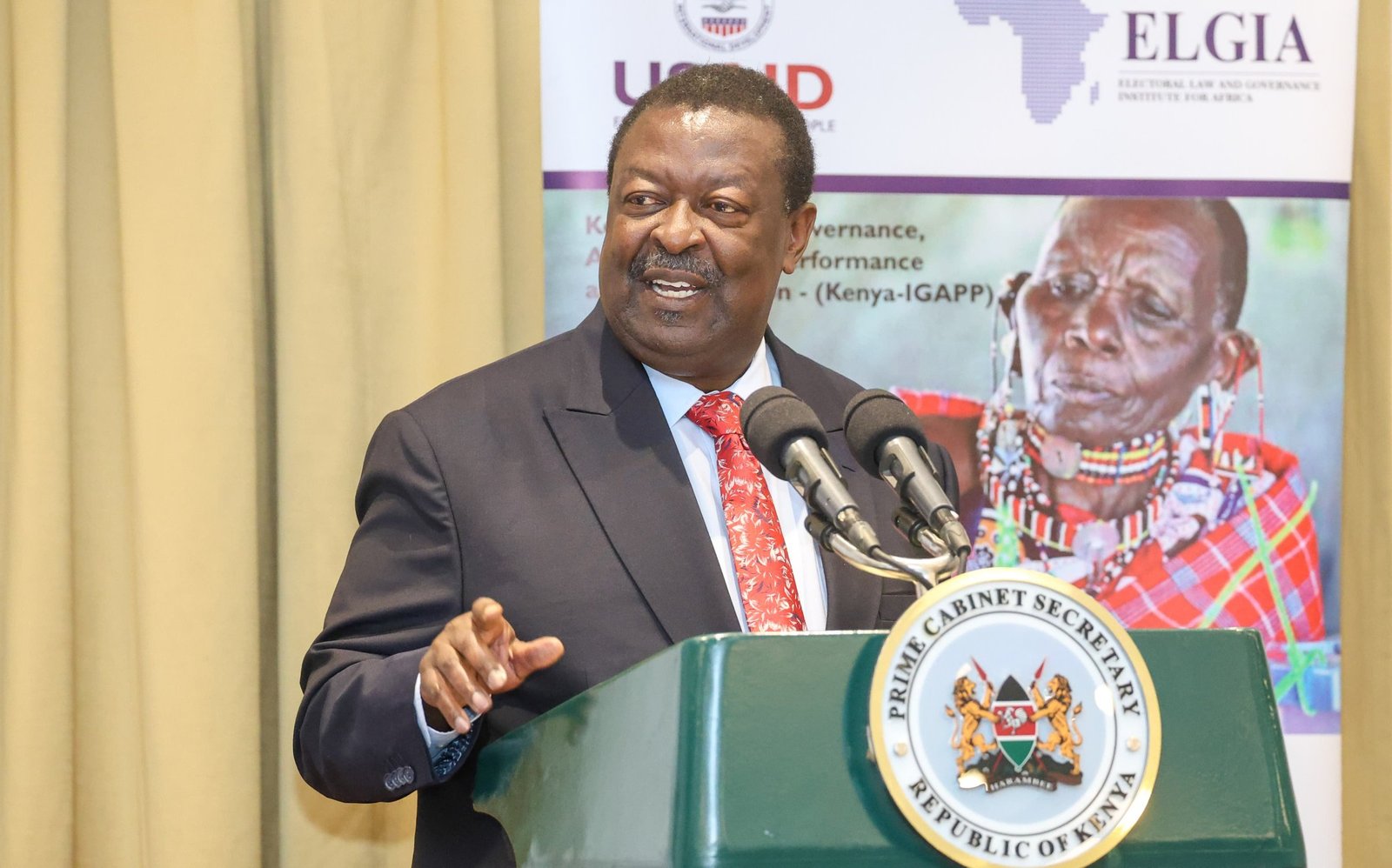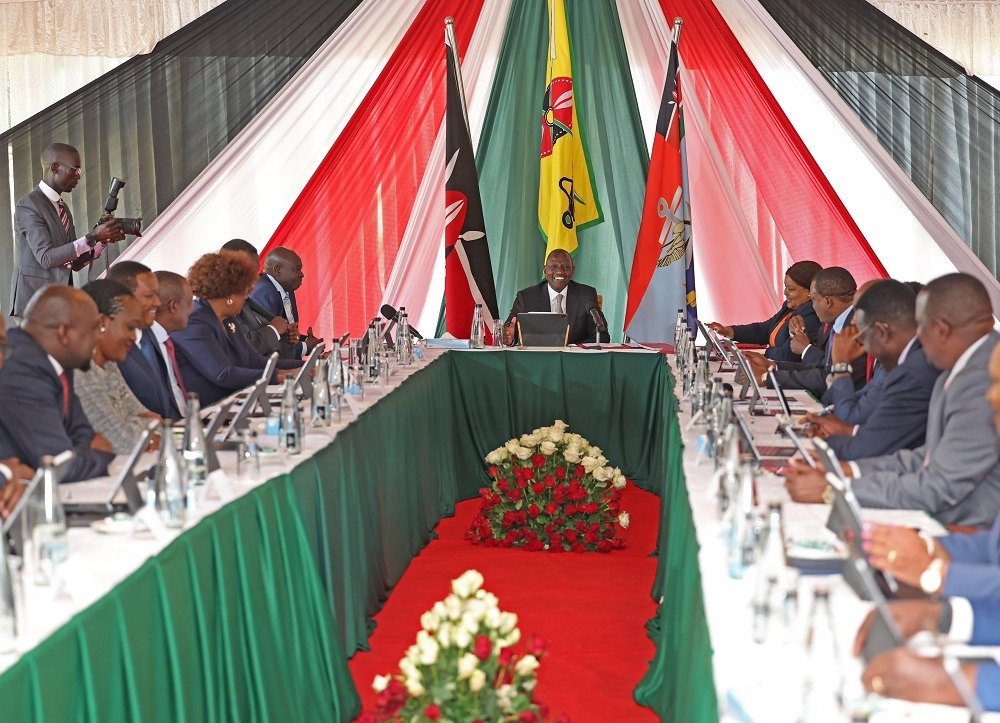Kisumu city is set to benefit from a 40 million shillings technical assistance programme from the European investment bank meant to support its waste management project.
Over 70% of organic waste is expected to be utilized during full implementation of the project with at least 30,000 residents expected to benefit from access to biogas.
The support through the County Directorate of Climate Change will be in partnership with German Corporation for International Cooperation (GIZ) under the City Climate Finance Gap Fund. The project will analyse the potential for generating biogas from the organic waste produced in four farmers’ markets and six informal settlements.
The Gap Fund will conduct pre-feasibility studies with concrete recommendations on how to optimise waste collection, which currently stands at 35%, and collaborate with small and medium private waste collectors.
It will also analyse the availability of last mile connection options for the gas to reach the final beneficiaries, both within the markets and at informal settlements.
The technical assistance will help ensure the idea becomes a viable project.
According to the implementers, once implemented, the project will have numerous benefits for the county residents: including 16,000 tonnes of organic waste which is expected to be diverted from landfills or open dumpsites in a 4-year period and reduction of greenhouse gas emissions. Moreover, about 30,000 people are expected to gain access to biogas for energy purposes thus reducing households and businesses’ dependence on fossil fuels and biomass. This will have a positive spill-over effect of reducing deforestation. About 20% of Kisumu County’s farmers are also expected to use the organic compost produced as manure to improve their crop yield.
Speaking on the partnership, Edward Claessen, the Head of the EIB Regional Hub for East Africa said: “The City Climate Finance Gap Fund is a good example that, besides financing, we also provide advice and technical assistance to our partners. Through the fund, we aim to help county governments of all sizes to ensure climate resilience is built-in and mainstreamed in their urban growth.”
Maryline Agwa, the Kisumu County Executive Committee Member for Water, Environment and Climate Change said, “As a county we are excited to welcome the team and we value the support from EIB and GIZ through GAP Fund to conduct the waste to biogas feasibility study. This will enable the city and county government to manage and divert over 70% of organic waste which is normally transported to the dumpsite.”
“The study will also improve opportunities for GCF funding, create green jobs, and other climate financing opportunities since crucial data will be readily available. The county is committed to provide an enabling environment throughout the study period,” she added.
The project is in line with the aspirations of the Kisumu County Integrated Climate Change Action Plan (2023-2027), Kisumu County Climate Change Act, 2020, Kisumu City Integrated Urban Strategic Plan, the Local Urban Development Plan and the Kisumu Integrated Solid Waste Management Strategy: 2015-2025.
Cities are key to creating a climate-smart future. Over half the global population lives in cities, generating 80% of total economic output and accounting for 70% of global CO2 emissions. While urbanization is a key driver of growth, unplanned, rapid urbanization and urban sprawl threaten to increase greenhouse gas emissions and vulnerability to climate change and other shocks.




